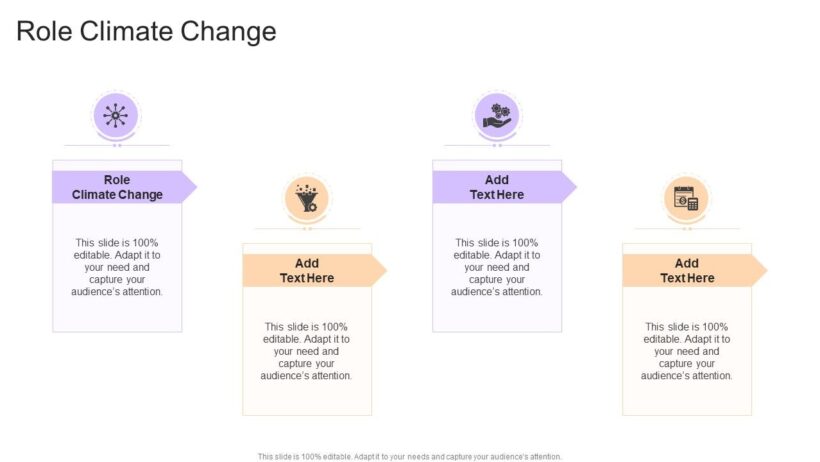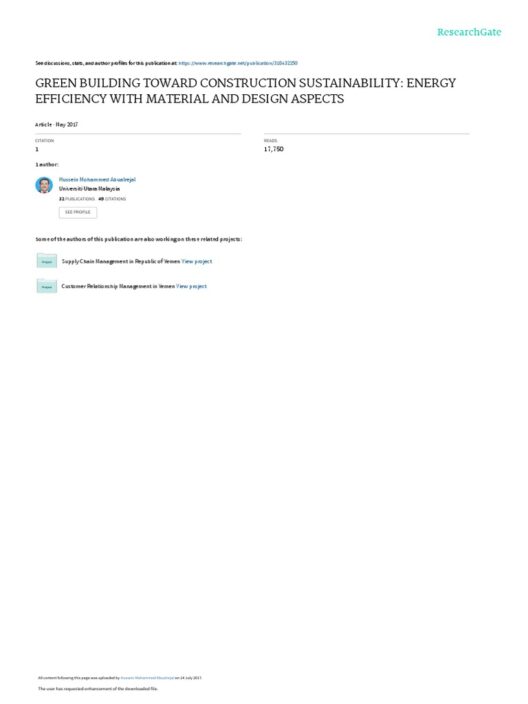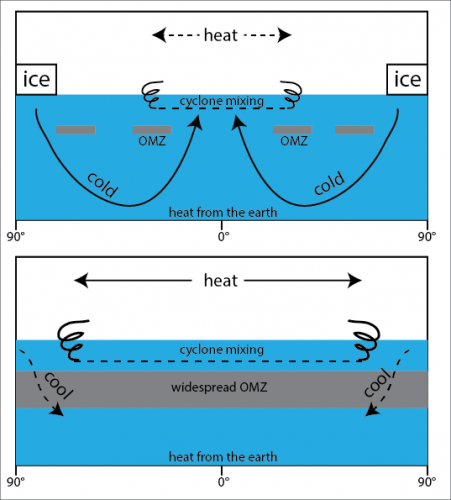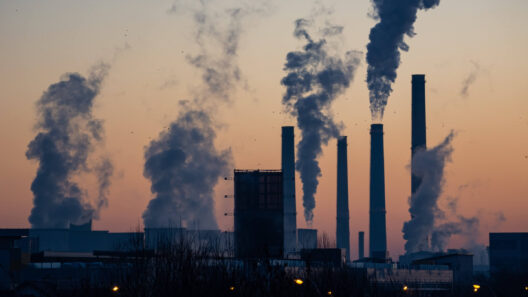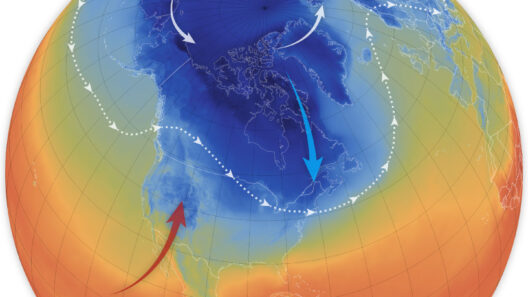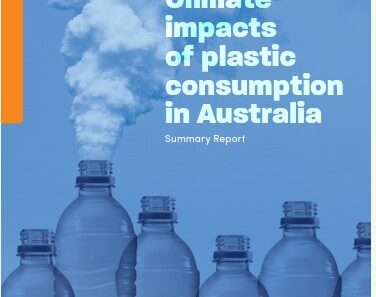Waste management often feels like the proverbial tip of the iceberg—a minor detail in the grand scheme of climate change, yet undeniably a crucial element lurking beneath the surface. As we gaze upon the bustling urban landscapes and sprawling suburbs, we may be blinded by the obvious: pollution from factories, automotive exhaust, or deforestation. However, lurking silently in the background, waste management presents an intricate web of challenges and opportunities that, when unraveled, can reveal profound implications for our planet’s health.
Picture the journey of a single plastic bottle. It begins its life as a resource, seemingly innocent, yet its trajectory can cast a long shadow on our environment. From production to disposal, each stage of its existence contributes to greenhouse gas emissions, a realization that beckons us beyond the surface of the bin where we casually discard it. The narrative unfolds further, demonstrating how effective waste management can potentially circumscribe these emissions, presenting an arena for mitigating climate change.
At its core, waste management is a multi-faceted system that demands innovative thinking, much akin to a maestro conducting an orchestra. The harmony of this endeavor lies in the orchestration of several components, including reduction, reuse, recycling, and composting. Striking a balance between these elements is essential to curbing the cascade of waste that, if left unchecked, engulfs our natural landscapes and contributes significantly to atmospheric degradation.
The first movement in this symphony is the reduction of waste at the source. This approach advocates for a paradigm shift—an invitation to reconsider our consumption habits and challenge the throwaway culture instilled in modern society. By embracing minimalism and choosing quality over quantity, we can significantly reduce the materials entering the waste stream. Organizations and individuals alike can exercise discernment, opting for products with sustainable packaging and avoiding single-use items, thereby leading a charge towards a more circumspect use of resources.
Next, we encounter the principles of reuse—an elegant technique reminiscent of repurposing a vintage gown into a contemporary masterpiece. This practice not only diminishes the demand for new resources but also curtails the energy expenditure associated with production. Thrift stores and swap events flourish as communities engage in a harmonious dance of sharing, breathing new life into items that would otherwise languish in landfills. The adage, “one person’s trash is another person’s treasure,” captures the quintessence of this principle, reminding us that we can find value where conventional thinking sees waste.
Recycling emerges as the next pivotal note in our exploration of waste management’s impact on climate change. A robust recycling program transforms discarded materials into raw resources, lessening the burden on the environment. Recycling metals, plastics, and paper significantly reduces energy usage as compared to producing these materials from virgin resources. Yet, challenges abound; the effectiveness of recycling initiatives often hinges on consumer participation and the capacity of local facilities. Education and community outreach are therefore paramount, akin to striking a resonant chord that fosters collective responsibility and engagement.
Composting, the final act in our environmental opera, offers a poignant reflection on nature’s cycles. By returning organic matter to the soil, we enrich our environment while reducing methane emissions from landfills. Composting embodies a simple yet profound connection to nature, transforming food scraps into nutrient-rich additives for gardens and landscapes. This natural alchemy not only benefits the soil but also illustrates the interconnectedness of systems, urging us to rethink our relationships with the food we consume and the waste we produce.
As we delve deeper into the implications of urban waste management, the concept of a circular economy emerges—a vision of a sustainable economic system that transcends the traditional linear model of production and consumption. This paradigm emphasizes the continual use of resources, rethinking waste as an asset rather than a liability. By cultivating a society that values sustainability, we pave the way for innovative solutions that can address climate change more holistically.
Moreover, the role of policy in waste management cannot be overlooked. Legislation can serve as the backbone of effective waste management systems, incentivizing stakeholders to adopt sustainable practices. Governments and institutions must play an active role in enforcing regulations, facilitating education, and allocating resources for advanced waste management technologies, such as anaerobic digesters and advanced recycling facilities. These measures are not merely administrative formalities; they are critical to fostering a culture of accountability within communities.
Ultimately, while waste management may appear to be a peripheral issue in the climate change narrative, it plays a foundational role in shaping a sustainable future. The journey of a plastic bottle can serve as a critically revealing metaphor—if we redefine its trajectory through conscious practices of reduction, reuse, recycling, and composting, we illuminate pathways toward a more sustainable existence. Indeed, the task may seem Herculean, yet every small effort, when woven together, can create a tapestry of change.
In conclusion, understanding waste management’s role in climate change is not merely an exercise in environmentalism, but rather a call to collective action. As stewards of the Earth, we possess the agency to redress systematic issues through mindful consumption and proactive engagement in waste management practices, thus ensuring the preservation of our planet for generations to come. As we transcend the boundaries of the bin, we confront the entwined fates of our actions and their environmental repercussions—striving, always, for a more sustainable future.



